Meg Masseron
In today’s world, it is more important than ever to at least attempt to have a green thumb. With issues such as climate change, bumblebees being declared as endangered and garbage on every street corner, it’s time for us as a society to help out in whatever way we can. You can do just that at the CCBC Essex Campus Community Garden - and even reap some benefits for yourself like being involved on a college campus, building leadership skills and even taking home some produce for yourself!
The student-founded, self-governed community garden was created in Fall 2009 by a group of students with the help of Dr. Elizabeth Shrader. The community garden remains exactly as it was when it was first created to this day. “I think the most notable thing is that we’re still in operation under the same principles that we started with seven years ago, which I think is unique among a lot of programs at CCBC,” states Dr. Shrader. “We’re still a communal garden. We still make decisions based on consensus...everyone that participates has an equal voice, and I think that highly democratic method of self-governance is unique amongst a lot of the student organizations at CCBC.”
At CCBC Essex Campus Community Garden, you can find pretty much any plants and produce you can think of. They have fruits such as blueberries, strawberries, pears, apples and even figs, as well as various produce, herbs and flowers. Students are able to take some of the produce home, and the remainder is donated to the campus food bank.
“The Garden” also has its own beehive and had as many as three at one point. The bees are part of a conservation activity lead by Dr. Susan Warner, professor of Zoology and Biology. The U.S. National Agricultural Statistics show that the population of honeybees has declined by 60% since 1947. “Honeybees are in real trouble for a lot of reasons, some of them having to do with the pesticides that are common in our environment, especially for lawn maintenance,” says Dr. Shrader.
The United States Environmental Protection Agency states the following: “Certain pesticides are harmful to bees. That’s why we require instructions for protecting bees on the labels of pesticides that are known to be particularly harmful to bees. There have been several incidents of acute poisoning of honey bees covered in the popular media in recent years, but sometimes these incidents are mistakenly associated with CCD [Colony Collapse Disorder.]”
“Bee conservation is the most important piece of this, but since we planted apple and pear trees, they need bees to be their pollinator,” expresses Dr. Shrader. “The bonus of all of it is that we harvest honey once a year,” she says. The honey can be purchased on campus after the community garden has harvested it.
Apart from helping the environment, “The Garden” can also help you by providing you with leadership opportunities that could even lead to employment. “The garden is in a transition period right now, so we’re really looking for students who are interested in leadership opportunities. There’s a lot of room for growth, we find a lot of local business and local non-profit organizations who are interested in having students that from the garden come and work with them,” says Dr. Shrader. “Because of that, we’ve lost some of our leaders to real jobs. That’s always a great thing, but now we need people to replace them!”
The CCBC Essex Campus Community Garden is also a wonderful way to escape from our hectic, modern world and connect with others in nature. “Just being disposed from industrial life is nice. You can still hear the little lulls of traffic in the background, so you’re not too far, but it’s kind of a little quiet area where you can collect your thoughts,” states student Samantha Teel.
Teel volunteered with the community garden for extra credit in her environmental science class, but she expresses that she is interested in becoming involved in the long run. “I think I would like to join the club as well. I feel like I would absolutely do this without any sort of incentive otherwise. It’s fun, it’s constructive, it’s really nice and there’s also opportunity to learn about bees,” she says.
Dr. Shrader states that CCBC Essex Campus Community Garden is also an excellent environment to make friends and receive support and guidance. “When we’re there, students generally don’t talk about weeding or plants, they talk about community, building things, like how to get into the best college, or what the best class to take for your major is. They talk about other things going on in their lives,” she says.
“It becomes a support network which is very different … When we do garden stuff, we bring the whole person into our work. You can’t just sit there and talk about weeds for two hours,” says Dr. Shrader.
Students interested in being involved in the CCBC Essex Campus Community Garden for the upcoming spring season can contact Dr. Shrader via email or join the community garden’s Facebook group titled “CCBC Essex Environment Club & Campus Community Garden.” No previous experience in gardening is necessary!


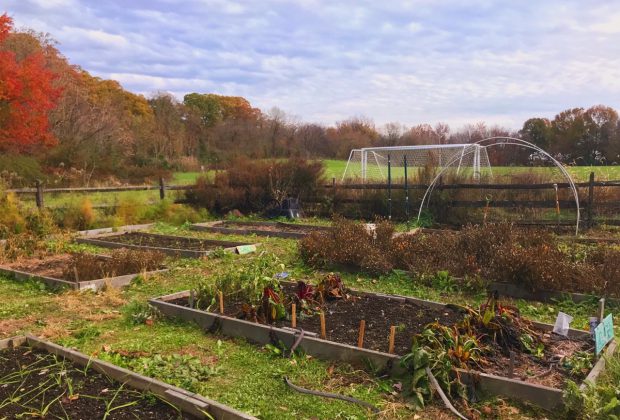

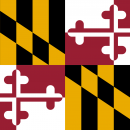
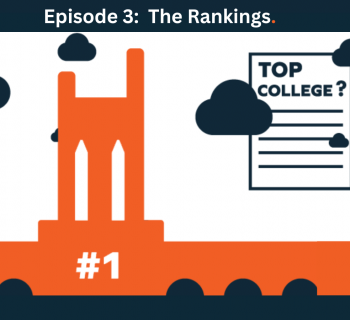





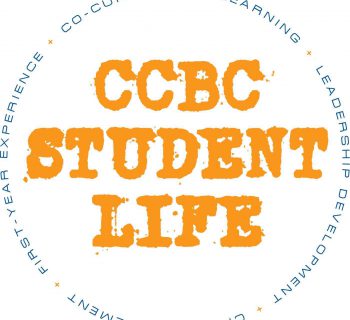


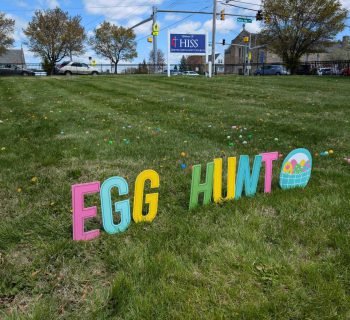
This is so cool! I had no idea the garden existed, nor have I seen it. I can imagine how awesome it is grow the various fruits and herbs there as part of the class.
Sometime I’ll have to check it out. Where is it located?
I never knew that there was a garden at the Essex campus. I think that it’s rather beneficiary for those who do not have the means to have their own garden, whether for lack of space or any other reason. The part about the bees being necessary for fruit growth is very true, and if there are not enough honeybees the world could see a drastic food production problem as nearly every crop needs pollination to occur. However, it could be very beneficial to the garden to put up masonry bee colonies because the masonry bee is about 3 times as effective in pollinating.